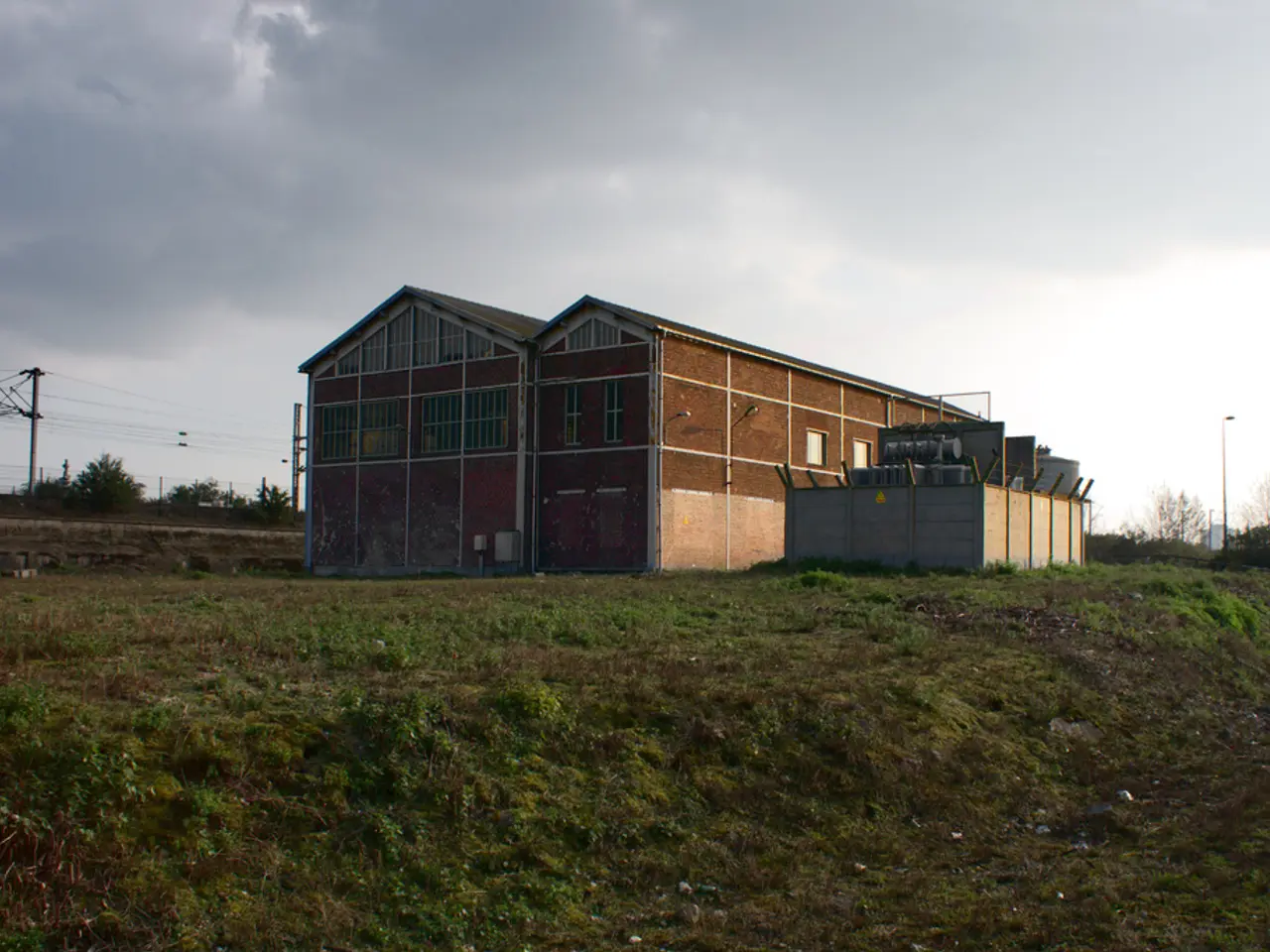Zambia's Telecom Sector Battles Energy Crisis Amidst Climate Change Challenges
Zambia's telecommunications industry grapples with lengthy power failures
Zambia's telecommunications industry is currently grappling with a significant energy crisis, resulting in prolonged power blackouts. This situation, which began in January 2023, can be traced back to severe climate change and unpredictable weather events that led to a drastic reduction in water levels at Lake Kariba, the primary source of power for ZESCO, Zambia's state-owned power utility.
The energy crisis has resulted in a significant decrease in electricity generation capacity for both Zambia and Zimbabwe, affecting multiple sectors, including the telecom industry. The telecom sector, with over 3,500 combined tower sites connected to the national grid, is particularly vulnerable to these power disruptions.
The Global System for Mobile Association of Zambia (GSMAZ) has raised concerns about the negative impact of these outages on service quality. MTN Zambia, Airtel Zambia, and Zamtel, which collectively form the GSMAZ, have issued a joint statement about the detrimental effects of power cuts lasting more than four hours.
Across Africa, telecom operators are facing similar challenges and implementing innovative solutions to protect their infrastructure and maintain service quality. The energy crisis affecting Zambia's telecom sector is not isolated, as it is a common challenge faced by telecom operators across the continent.
One of the medium to long-term measures being considered is the implementation of solar-based backup solutions to enhance energy resilience. The telecom industry's response to the energy crisis demonstrates a commitment to ensuring reliable services for their customers despite the challenges posed by climate change.
The situation has deteriorated further, with current load shedding periods extending up to 13 to 14 hours daily. Mobile network operators are facing substantial cost increases due to the need for constant refueling and more frequent servicing of backup generators.
The GSMAZ emphasized that Zambia is experiencing its worst climate change effects in the last 60 years of independence. Finding sustainable solutions to the energy crisis will be crucial for maintaining connectivity and supporting economic progress in Zambia.
The energy crisis in Zambia underscores the need for collaboration between stakeholders to develop sustainable solutions for the telecommunications industry. The GSMAZ members are collaborating with various stakeholders to address this issue, working towards a future where the telecom sector can continue to play a critical role in supporting economic growth and social development.
In South Africa, telecom companies like MTN SA and Vodacom SA have taken proactive measures to address power supply challenges, such as moving base stations off-grid and entering into virtual wheeling agreements with Eskom. However, there are no specific data in the search results about measures taken by telecommunications companies in South Africa in 2023 to increase energy autonomy.
The crisis in Zambia serves as a stark reminder of the impact of climate change on energy production and distribution across the continent. Climate change is necessitating the telecommunications industry to adapt and innovate to ensure reliable services, with operators across Africa implementing various solutions to protect their infrastructure and maintain service quality despite the challenges posed by climate change.
Read also:
- Industrial robots in China are being installed at a faster rate than in both the United States and the European Union, as the global market for these robots faces a downturn.
- Hyundai N affirms transition to hybrid performance-centric models, initiating with Tucson N
- Stock markets in India anticipated a moderate opening, influenced by mixed signals from global markets.
- EV Charging Network Broadens Reach in Phoenix, Arizona (Greenlane Extends Electric Vehicle Charging Infrastructure in Phoenix)




